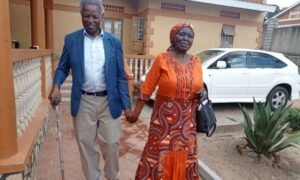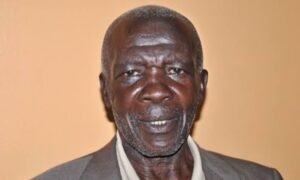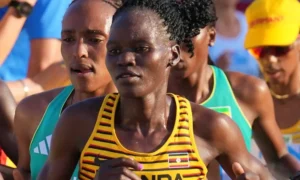What you need to know:
- He emphasizes that NUP must strategize to maintain their support and build the party beyond 2026, noting that the party’s stability will depend on the political climate during the next election.
- In its four years, NUP became the third party after UPC and FDC to establish headquarters, a leadership school, and gain a majority of seats in Parliament, with a presidential candidate coming second in a presidential race.
The National Unity Platform has been advised to avoid recruiting aging politicians from existing political parties and instead focus on enlisting young people from higher institutions of learning.
This comes as the party prepares to celebrate its fourth anniversary.
Analysts caution that some experienced but unsettled politicians may have hidden agendas.
This month marks four years since the National Unity Platform rebranded from the National Unity, Reconciliation, and Development Party and merged with the People Power movement led by Robert Kyagulanyi Ssentamu, who is currently the party president.
The party gained significant momentum during the 2021 general election, securing numerous leadership positions across the country from local councils to the national Parliament.
With over 1,000 councillors elected during the 2021 election wave, the party also brought 57 legislators to Parliament, making it the leading Opposition Party in the 11th Parliament.
NUP spokesperson Joel Ssenyonyi acknowledges the challenges but expresses pride in the party’s achievements.
Dr. John Paul Kasujja, a political analyst, commends the party’s strength and sustained momentum but warns against internal conflicts, advising the NUP leadership to nurture their own politicians rather than relying on older politicians with hidden agendas.
“Train your politicians from within; do not rely on those already in the field, as you do not know the deals they made with the government or their motives,” Kasujja advised.
Despite the emerging internal rifts, Ssenyonyi states that the party anticipated betrayals but remains focused on its mission.
“We expected all these in the political arena, but we stay focused on our mission and distance ourselves from those who betray our cause,” says Ssenyonyi.
Kasujja credits NUP for its efforts to combat corruption among its members and the government and for mobilizing youth both within and outside the country.
“They have tried to stand firm in the political storms, although the government has hindered them by denying permissions for rallies and restricting their movements.”
However, Kasujja notes challenges such as low penetration in rural areas to mobilize support.
He emphasizes that NUP must strategize to maintain their support and build the party beyond 2026, noting that the party’s stability will depend on the political climate during the next election.
Ssenyonyi adds that despite the current challenges, the party will persevere.
NUP is now preparing for its four-year anniversary celebration and has requested Kololo grounds for the event, pending approval.
In its four years, NUP became the third party after UPC and FDC to establish headquarters, a leadership school, and gain a majority of seats in Parliament, with a presidential candidate coming second in a presidential race.

Do you have a story or an opinion to share? Email us on: info@falconposts.com Or follow the Falconposts on X Platform or WhatsApp for the latest updates.












